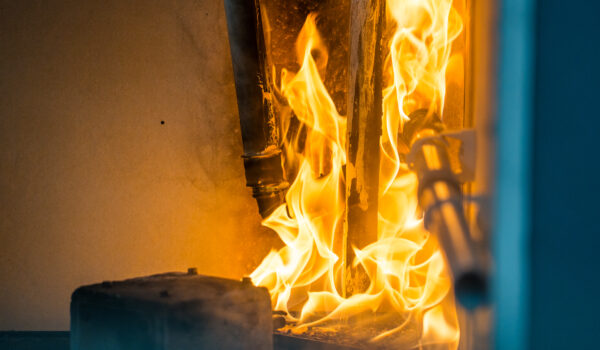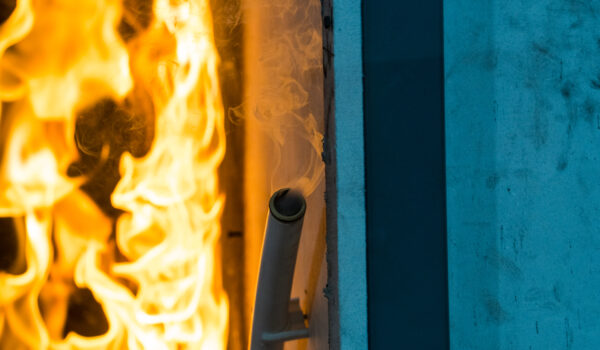A first-of-its-kind trial in North America is looking to utilise the antimicrobial properties of copper to make every day high-touch surfaces safer from the spread of viruses and bacteria.
The trial, which sees resource company Teck partner with TransLink, Vancouver Coastal Health, VGH & UBC Hospital Foundation, Coalition for Healthcare Acquired Infection Reduction (“CHAIR”), and the University of British Columbia, looks to use copper coatings on high-touch surfaces on busy public transport networks in Vancouver, Canada.
Due to copper’s ability to eliminate viruses and bacteria on touch, a process known as “contact killing”, it is hoped that these copper coatings will reduce the spread of viruses and bacteria across public transport systems during the COVID-19 pandemic.
Focusing on handrails, the trial will see two buses and two SkyTrain cars retrofitted with copper surrounds on high-touch surfaces. These surfaces will be swabbed and tested twice a week to determine the effectiveness of antimicrobial copper within public transport networks.
Discussing the initiative Dr. Marthe Charles, Medical Microbiologist at Vancouver Coastal Health, said: “This project builds on preceding research and will increase our understanding of the effectiveness of copper in killing organisms on frequently-touched surfaces.
“Positive findings will then be used to study the impact of copper on bacteria and viruses such as COVID-19 and norovirus.
“This holds future infection control benefits not only for the public in their travels but for healthcare workers and patients who navigate their medical journey at Vancouver Coastal Health and beyond.”
Learn more about copper’s antimicrobial properties below.
Eliminating viruses in minutes
This trial follows a sustainable start-up releasing an antimicrobial handheld item made from copper, again in an attempt to utilise copper’s ability to eliminate bacteria and viruses.
Studies show that copper can begin eliminating coronavirus within minutes, with the virus becoming undetectable within hours of coming in to contact with copper. This compares to other hard surfaces, upon which coronavirus can live and continue to pose a threat for up to five days.
Other studies show that copper surfaces can kill 99.9% of harmful bacteria and viruses within two hours, all while self-sanitizing for long-term effectiveness.
The antiviral nature of copper has seen new demand for the material in response to the coronavirus pandemic, with some asking why more surfaces aren’t covered in the metal.
Beyond the surfaces we can touch, medical grade copper has been trusted in hospitals for decades, with copper being the only choice across the world for medical gas installations, based on its ability to transport oxygen to beds, cleanly, safely and without odour.
In the UK, miles of medical gas tube have been installed to help boost oxygen supplies to beds not just at emergency Nightingale Hospitals, but also to convert wards to additional ITU facilities to help the country’s fight against Covid-19.
With an increased focus on stopping the spread of viruses and bacteria it’s clear that naturally antiviral materials, such as the infinitely recyclable copper, will continue to make its way into public spaces.
Learn more about copper’s impressive properties below.

